CCTV News:On March 19th, the State Council Office held a press conference on "Strive to create a new situation of high-quality development based on the strategic positioning of the capital city". At the meeting, Yin Yong, deputy secretary of the Beijing Municipal Party Committee and mayor, said that efforts would be made to strengthen the construction of an international science and technology innovation center and give full play to Beijing’s advantages in developing new quality productivity. We will co-ordinate the resources of educational science and technology talents, cultivate and strengthen all kinds of scientific and technological forces, continue to implement the leading action of basic research and the plan of tackling key core technologies in depth, and lay out the new track of the future industry in a forward-looking way; Leading the construction of a modern industrial system with scientific and technological innovation, accelerating a number of landmark projects such as integrated circuits, new energy vehicles and bio-manufacturing, consolidating and expanding the leading edge of industries such as artificial intelligence and high-level autonomous driving, and striving to build a benchmark city for the global digital economy; Accelerate the improvement of the innovation ecosystem, launch a new Zhongguancun pilot reform policy, solidly promote the construction of the world’s leading science and technology parks, and gather momentum for Beijing’s high-quality development.
Run, China! National fitness is on the road
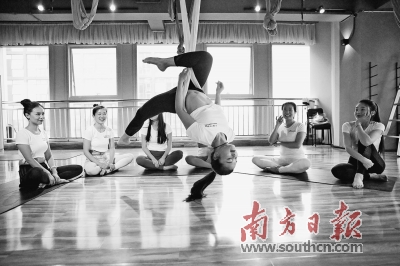
Create a "15-minute fitness circle" around the people and promote the free or low-cost opening of public sports facilities … … Not long ago, the Healthy China Action (2019— "2030)" has put forward a series of bright and hard indicators for the national fitness action, and has become a "construction drawing" for promoting the construction of a healthy China.
On the occasion of "National Fitness Day" on August 8, this heavy action plan provides guidance and suggestions for people’s scientific fitness. From the guidance of government planning to the extensive participation of the whole people, the diversified fitness craze has risen everywhere, and the enthusiasm and creativity of hundreds of millions of people are pushing the health concept from "treating diseases as the center" to "people’s health as the center".
Let "where to keep fit" become "keep fit around"
"Where is the fitness going?" It used to be a problem for many people.
Ma Mingyu, a citizen of Changchun, Jilin Province, is an aerobics enthusiast. However, the Yitong River, which is covered with black water and overgrown with weeds, has kept him away from the gym for a long time.
In recent years, after water treatment and the construction of leisure fitness venues, riverside parks have sprung up and fitness trails along the river have gradually spread. Every evening, many citizens walk briskly along the Yitong River trail. The river is cool, the breeze is blowing gently, and the willow branches are swaying, which makes people feel carefree.
"Thanks to the government for creating ‘ 15-minute fitness circle ’ We can exercise in the scenery now when we leave home. " Ma Mingyu said.
The rise of national fitness is inseparable from the popularity of the "15-minute fitness circle".
In the Healthy China Action Document, a set of data clearly describes the goal of a healthy China — — By 2022 and 2030, the opening rate of school sports venues and facilities will exceed 70% and 90%; The per capita sports ground area is 1.9 square meters and above and 2.3 square meters and above respectively.
Nowadays, "fitness is around" has become a hot word in the circle of friends. "People’s awareness of fitness has increased, from the past ‘ Want me to practice ’ Up to now ‘ I want to practice ’ People’s physical health has generally improved, and the national fitness facilities and morning and evening training sites all over urban and rural areas, as well as the surging fitness boom everywhere, have become a beautiful landscape. " Zhang Ruilin, director of Jilin Provincial Sports Bureau, said.
Exercise prescription makes health data "beautiful"
Knocking on the keyboard with your shoulders, crossing your legs to see the materials, hunching over and eating takeout, unconsciously changed the cubicle office workers; Brush Tik Tok, play "mobile games" and see friends circle. Electronic products have made many people "low-headed".
The data of the survey results of national fitness activities are not very good-looking: the proportion of urban and rural residents who regularly participate in physical exercise in China is 33.9%, of which the regular exercise rate of residents aged 20 to 69 is only 14.7%, and the regular exercise rate of adults is at a low level. Lack of physical activity has become an important reason for the occurrence of various chronic diseases.
At present, although there are more and more "fitness coffee" dressed in short clothes, the damage caused by improper exercise is quietly eroding people’s fitness enthusiasm.
Health China Action Document points out that individuals should master sports skills and exercise scientifically to avoid sports risks.
Zheng Jiang, director of the Sports Medicine Clinic of the Red Cross Hospital in Xi ‘an, Shaanxi Province, said that the key to upgrading the concept of "to exercise" is to improve the public’s scientific exercise literacy, establish the concept of "exercise is a good doctor", and formulate individualized exercise prescriptions according to different ages, lifestyles and exercise abilities. By guiding people to exercise scientifically and reasonably and appropriately, we can bridge the key bridge between fitness and health.
How to make people’s health data "beautiful"? Zheng Jiang suggested that in order to promote the formation of a "combination of sports and medicine" disease management and health service model, we should first strengthen the establishment of sports medical professional institutions and establish a number of sports prescription clinics through existing medical resources. Train sports medical professionals, improve their ability to evaluate sports risk and sports ability, and formulate individualized sports prescriptions.
It is understood that the State Sports General Administration, the Chinese Sports Science Society and Beijing Sport University have done a lot of work in the construction and promotion of sports prescriptions. According to Wang Zhengzhen, a professor at Beijing Sport University, there have been 12 sessions of training for sports prescribers, and good results have been achieved.
Billions of new fitness kinetic energy release more health dividends.
Yoga, dance, boxing, barbell … … With the change of health concept and the upgrading of fitness consumption, the fitness market is developing rapidly, and "internet plus Fitness" is becoming more and more popular. What are the new "ways to play" and what shortcomings need to be made up for the national fitness that runs towards a better life?
Focusing on the goals to be achieved by 2022 and 2030 proposed by the Healthy China Action, Wang Zhengzhen pointed out that the Healthy China Action defined the roles and main targets to be achieved by the government, society, families and individuals respectively, which not only clarified the responsibilities and division of labor, but also helped to form a "combination boxing".
— — Personally, the Healthy China Initiative proposes to encourage moderate-intensity exercise for more than 30 minutes three times a week, or to accumulate 150 minutes of moderate-intensity or 75 minutes of high-intensity physical activity. Try to move as much as possible in your daily life, and achieve 6000 to 10000 steps of physical activity every day.
— — Socially, the Healthy China Action proposes that fitness organizations around the masses should be established and improved, sports associations should achieve full coverage in cities, counties and townships, and individual sports associations should be extended to the masses, so that people who want to exercise can join the sports organizations.
— — At the government level, the Healthy China Action proposes to promote the construction of basic public sports service system, coordinate the construction of national fitness venues and facilities, and build a number of national fitness venues and facilities such as sports parks and community fitness centers.
Promote national fitness into families and encourage the development of national fitness volunteer service … … Lang Wei, director of the Group Department of the State Sports General Administration, said that the Healthy China Action hopes to make the people "move" towards health and exercise, so that hundreds of millions of people can work and live better and in the sunshine, and constantly release the new kinetic energy of healthy China. According to Xinhua News Agency, Beijing, August 7 th
In the spring, thousands of new outdoor appliances such as Tmall outdoor mahjong machine and mini ice shaver were launched.
On March 14th, China Household Appliances and Consumer Electronics Expo (AWE 2024), one of the world’s three largest consumer electronics exhibitions, opened in Shanghai. More than 1,000 exhibits, such as the world’s first foldable TV, smart locks that can be opened with the wave of your hand, and entertainment smart beds, were launched simultaneously through Tmall and put on sale.
At present, Tmall has launched the "AWE", which is a collection of Hisense’s world’s first foldable laser tv, TopSleep zero-gravity entertainment intelligent bed, Kaidishi’s smart lock that can be opened with a wave of his hand, Honeywell air purifier that specializes in sucking pet floating hair, vertical hair dryer that can blow his head while lying down, and many other new scientific and technological products. Consumers can search for "discovering the new world by visiting the door" in Taobao APP, and they can also watch the exhibition live.
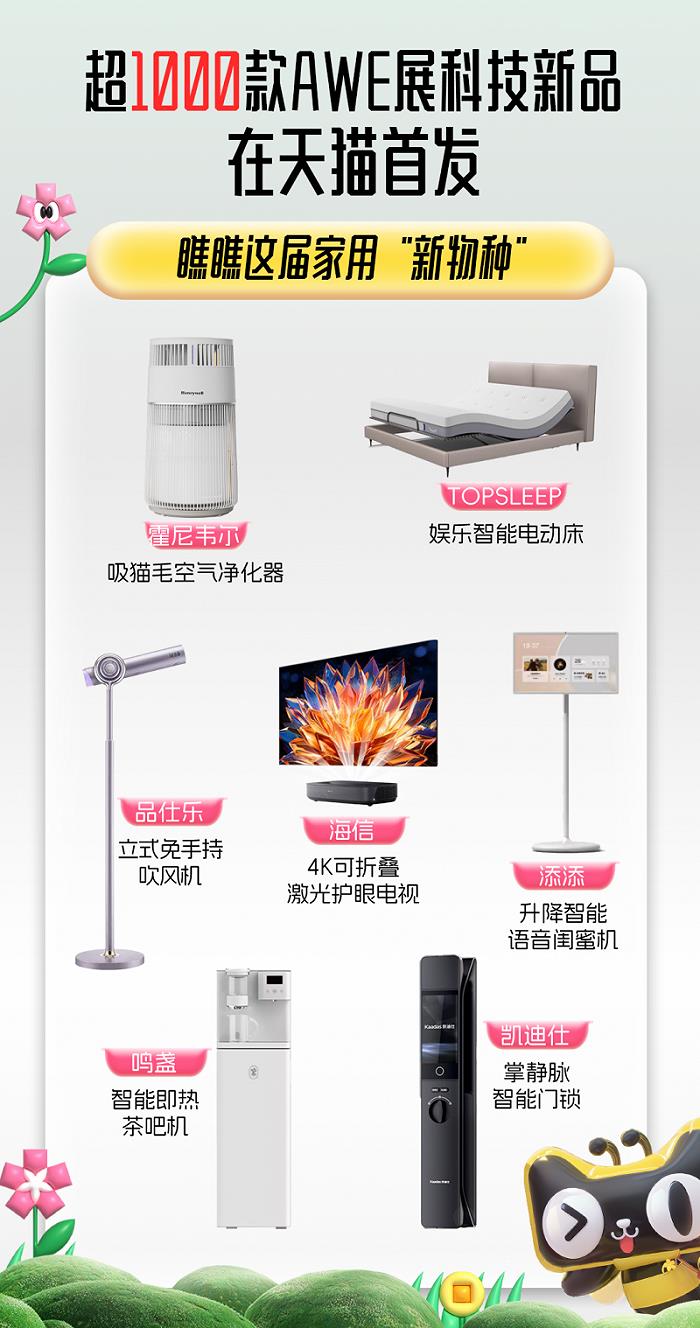
At the AWE exhibition site, Tmall held a "Super AWE Launch Night", held a new product launch conference in conjunction with brands such as Haier, Siemens, Linnei, Tim Ke, Vantage, Samsung and Hisense, and launched heavy new products such as casarte embedded ultra-thin refrigerator, Siemens Zhijing Rubik’s Cube dishwasher, Samsung AI Art TV, Tim Ke high-temperature quick dry cleaner and so on.
With the coming of spring, many consumers put outdoor camping and hiking on the agenda, and outdoor appliances have also become a hot new product launched by Tmall recently. "WDP Flagship Store" released an outdoor mini automatic door in mahjong machine, which can last for 6 hours and can be used as a dining table. "MOKUSAN Flagship Store" released a mini ice planer, and consumers can have a smoothie juice outdoors. Xiaomi released a folding electric kettle, which is only the size of a palm after folding.
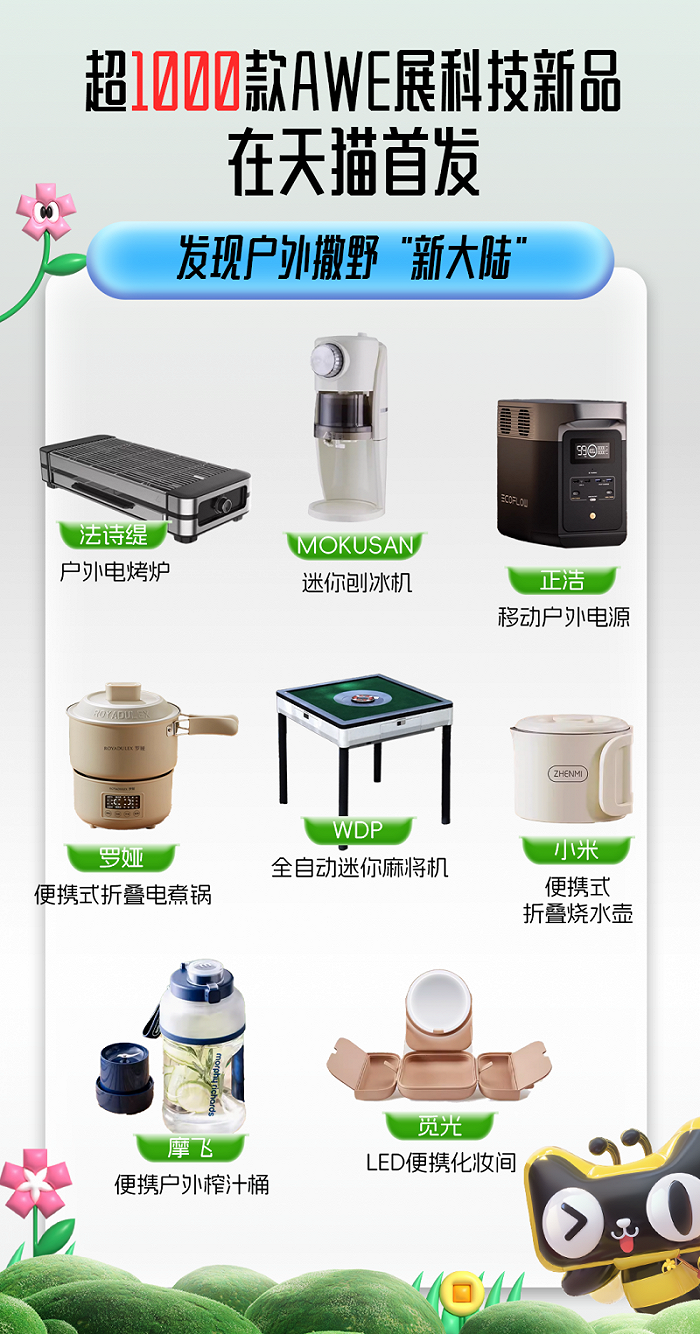
In addition to the first single product, more and more brands began to change from selling single products to selling "scenes" in Tmall. Three-winged Bird, a scene brand owned by Haier, provides integrated home appliance and home service in its Tmall flagship store, and customizes all-space solutions such as living room, balcony and kitchen for consumers, providing all kinds of products ranging from home appliances to doors, walls and cabinets, so as to create a home space with stronger aesthetic perception, higher utilization efficiency and intelligence.
At present, Tmall has become the first platform for the launch of cool and new technology products. In March of this year, there were tens of millions of new products and equipment for enjoying flowers, cycling and camping, and spreading happiness in Shan Ye on Tmall.
[Advertising] (Disclaimer: This article is reproduced and published for the purpose of spreading commercial information on this website, and does not represent the views and positions of this website. All rights and legal responsibilities of the texts, drawings, audio and video materials involved in this article belong to the material provider. This website does not make any guarantee or commitment to the authenticity of all the information such as words and pictures, nor does it constitute any suggestions for purchase or investment, so the operator bears his own risks. )
Chun Wu, Chen Bailin, Practice, Tang Yixin, Lin Chi-ling, Watch the Holiday Mode of Entertainment Circle.
Many stars will choose to travel in their spare time, go to various places, travel around the world, feel different customs and customs, and increase their experience, so that they can add more true feelings when filming at work, which is probably a big reason why stars like to travel. The following people pay special attention to traveling, and are willing to share it with fans and friends to see where they have been.
Chun Wu Caribbean Celestial Beach
Chun Wu, an actor and singer who has participated in "Daddy’s Back" and "Where’s Daddy Going", spends most of his time with his children except filming and singing, and often takes them out to travel. Last year, he took NeiNei and Max to the celestial beach in the Caribbean. In order to broaden children’s horizons, Wu Zun often took the children to experience all kinds of customs around the world.
Iceland, Chen Bailin
In the first issue of Flowers and Teenagers Season 3, Chen Bailin, a warm man, was exiled and traveled alone. Through the previous exile trips, we can see that he is a frequent traveler, and he has been to Iceland, which is known as the "cold wonderland".
Practice the Arctic Circle
Besides filming, traveling is her greatest hobby. She had previously updated a set of aurora photos taken by herself in the Arctic Circle on Weibo, which was absolutely beautiful. She reached the North Pole at 66.33 north latitude along the most beautiful and dangerous Dalton Highway, which few tourists would take, and challenged the limit of danger all the way, which was very adventurous. She also shared a lot of feelings and knowledge, and the practice of loving travel has always been a fine and dedicated actress.
Zhao Wei and Summer Xu travel together in Egypt.
The photos of Zhao Wei and Summer Xu visiting Egypt together in their early years were exposed. In the photos, they were very close and took photos in front of the pyramids, the Sphinx and other landmark buildings. Both of them are dressed simply and casually with bright smiles, which shows that this trip is very comfortable and leisurely.
Jiang Yiyan African Prairie
Speaking of Jiang Yiyan, many people know that besides filming, she is a young literary woman who is enthusiastic about public welfare and loves photography in her daily life. In 2013, she traveled to the Ethiopian plateau with friends, where she used helicopter aerial photography to capture the vibrant life unique to Africa.
Lake Baikal, Ruoyun Zhang, Tang Yixin
Ruoyun Zhang Tang Yixin, a model couple in the entertainment circle, can see fancy sprinkles of sugar everywhere. Ruoyun Zhang in Flowers and Teenagers Season 3 was rated as "the best traveling companion", and she did not forget fancy dog abuse in a foreign country. They went to see Lake Baikal full of love together.
Lin Chi-ling Antarctic
Lin Chi-ling, known as "the first beauty in Taiwan Province", also participated in the travel variety show "Sister Flower 2". In the last stop, the "Flower Troupe" chose the South Pole as a farewell stop. Although this is a program arrangement, it can be seen that she loves traveling in the program.
Whether it’s spring or winter, ordinary people or stars are willing to enrich their lives, expand their horizons and go out to see the scenery outside.
Shocked! There are actually 15 fraudulent apps in the mobile phone.
Early March
Jinhua Yongkang bureau of public security Xicheng police station
Received an anti-fraud warning instruction saying
Mr. Chen, a citizen of the jurisdiction, has high-risk trading risks.
After receiving the early warning
Police Zhang Jiekai immediately dialed Mr. Chen’s phone.
Inform them that they may be experiencing fraud.
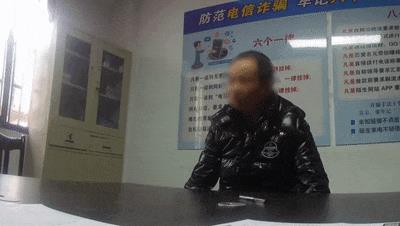
in ten minutes
Mr. Chen hurried to the police station.
After some dissuasion by the police
He is still dubious.
"I’m not a three-year-old child.
At this age, I have been defrauded. "
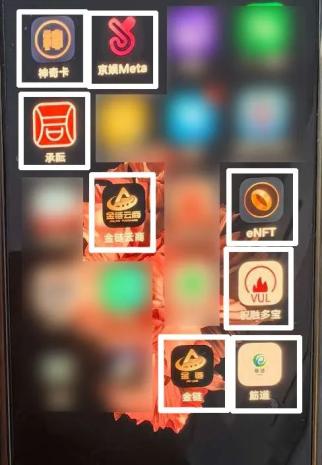
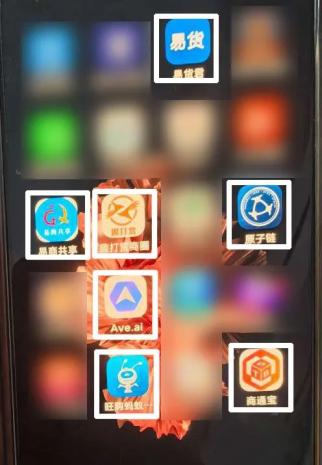
▲ 15 fraud-related software in Mr. Chen’s mobile phone
Later, Zhang Jiekai took a look at Mr. Chen’s mobile phone.
It actually downloaded 15 fraud-related software.
When told that these are all fraudulent software,
Mr. Chen’s face is unbelievable
"How is that possible?
These softwares are obviously used for investment! "
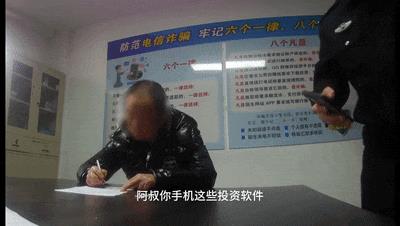
After some inquiries, Zhang Jiekai learned that
Mr. Chen runs a small company
I heard from friends that online investment can make money quickly.
I am eager to try.
lately
While browsing the web, Mr. Chen
See a lot of "low investment and high return" investment software advertisements.
Think of what my friend once said.
I didn’t doubt it, so I clicked on the link to download it.
There are 15 models in total.
After that, he learned from the "customer service" of various software.
Many "hot investment projects"
Under the professional and patient service of "customer service"
Mr. Chen wants to invest 50 thousand yuan to try the water
When I was about to transfer money
Zhang Jiekai called in time.
Saved Mr. Chen’s 50 thousand yuan
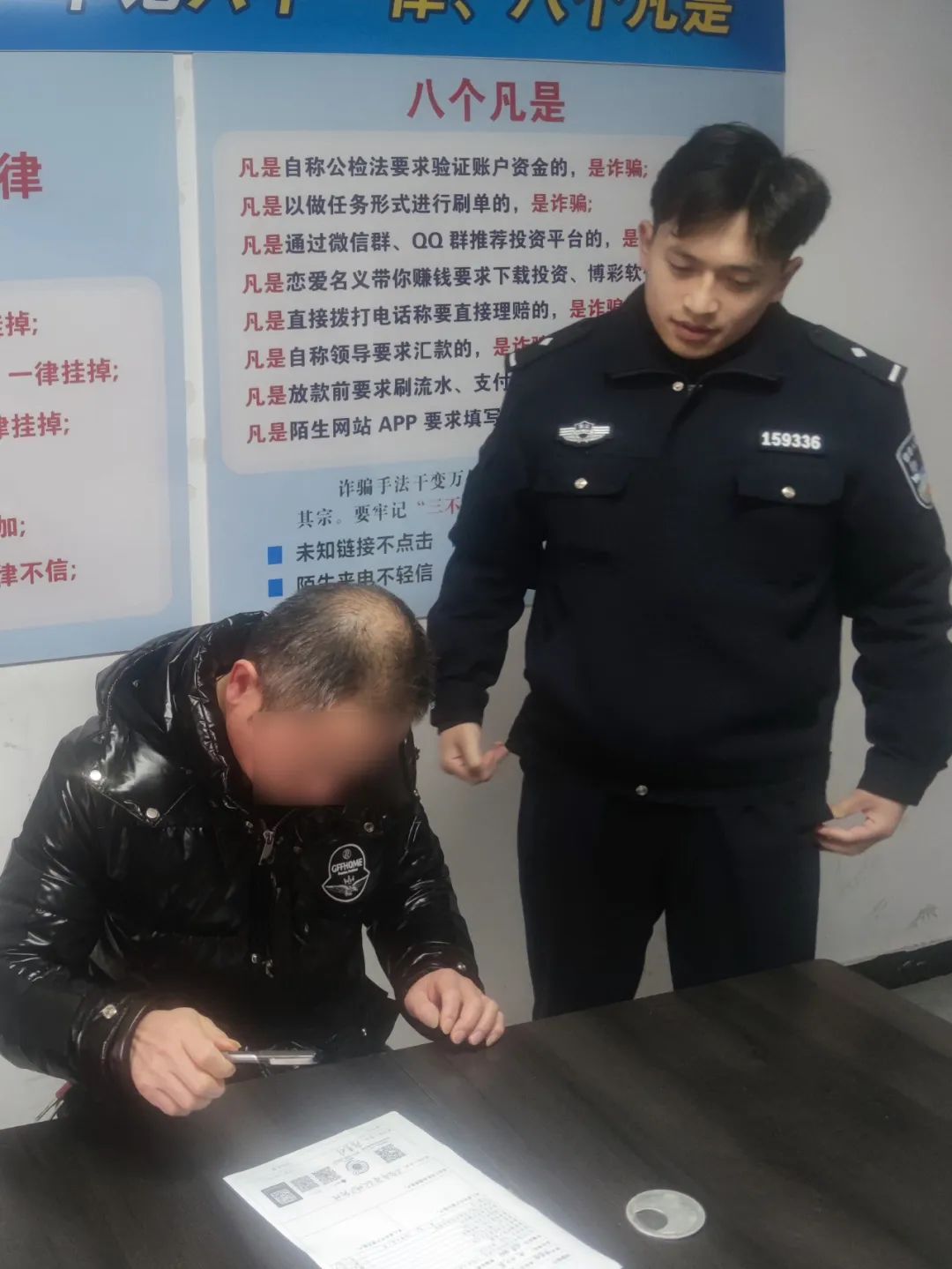
▲ Zhang Jiekai verified the situation with Mr. Chen and conducted anti-fraud propaganda.
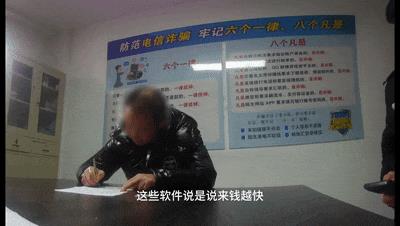
soon afterwards
Zhang Jiekai patiently explained to Mr. Chen.
The true face of "low input" and "high income"
Mr. Chen suddenly woke up.
Thanks to Zhang Jiekai again and again
And uninstalled all fraudulent software.
"Thank you very much.
If it weren’t for you, my money would be gone! "
Police reminder
Remember that there is no pie in the sky.
Don’t believe it easily
Investment and financial management recommended by informal channels
Anyone who advertises "stable and high return"
Online investment and financial management are all frauds.
Once you are cheated, call 96110 in time.
You might like it.
Original title: "Shocked! There are actually 15 fraudulent apps in the mobile phone.
Read the original text
Princess fish fashion cycle season opens! Create ESG Sustainable Development Theme Exhibition with Xingye taikoo hui.
Pick up the old and welcome the new, turn waste into treasure, give the old infinite life, and idle also have infinite energy. From January 29th to March 31st, Shanghai Xingye taikoo hui Green Tour started. As one of the participants, Princess Fish worked with the organizers to create a flash event, aiming to spread the concept of sustainable development through vivid and diverse display methods, and advocate public attention and participation in the practice of green living and sustainable consumption.
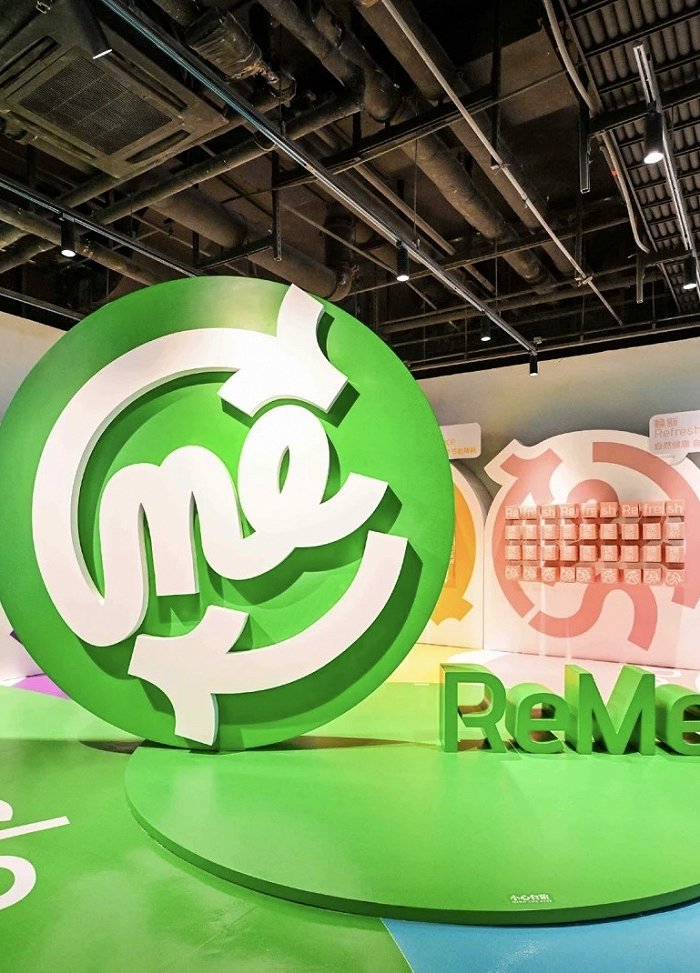
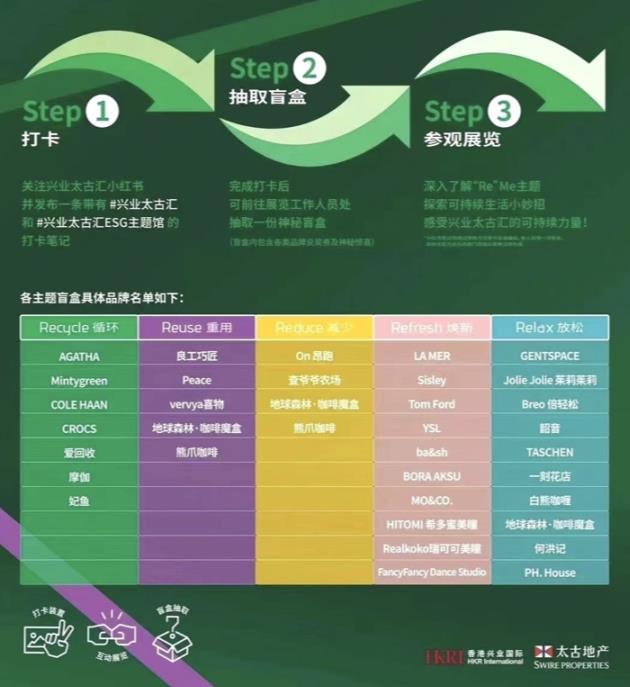
Taikoo hui joined hands with many cross-border partners to "play around" sustainable fashion, and gathered wonderful contents such as exhibitions, pop-up shop, new product previews, community activities, etc., and invited Shanghai residents to come together to light up the latest fashion map and personally experience the diversified interpretation of the concept of sustainable development.
In the theme exhibition of ESG sustainable development, Princess Fish designed an interactive link of punching cards that is educational and entertaining, and set up a fashion resource circulation exhibition area. Through graphic display boards and multimedia interactive devices, all participants who completed the green cycle punching cards can get a free luxury maintenance coupon or a customized gift from Princess Fish, so that visitors can gain a deeper understanding of circular fashion and a real green cycle experience.
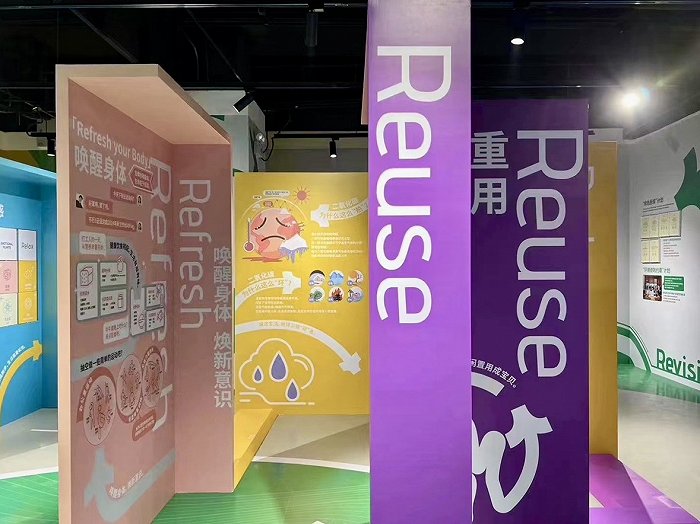
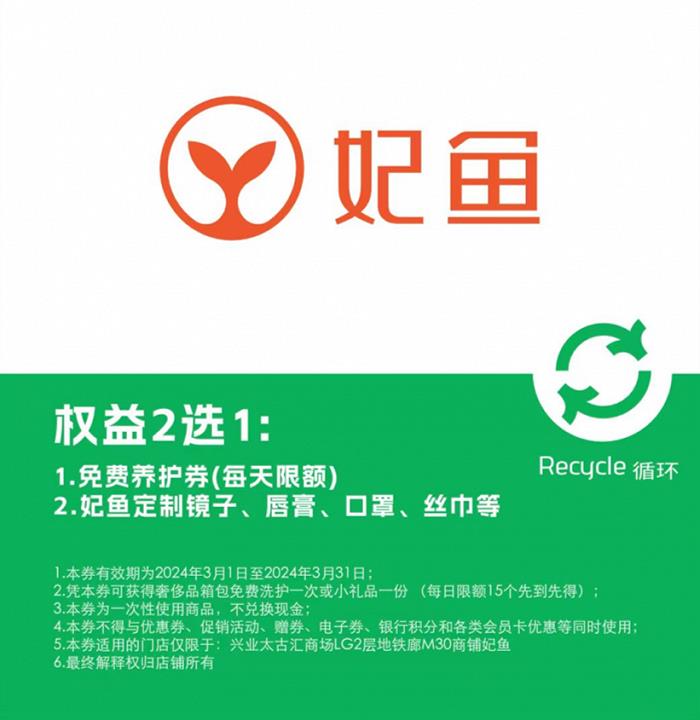
As the leading comprehensive retail brand of idle high-value consumer goods in China, Fayu has long advocated consumers to flow their idle high-value consumer goods. At present, more than one-third of princess fish consumers will make a second consignment, realizing a two-way cycle of buying and selling.
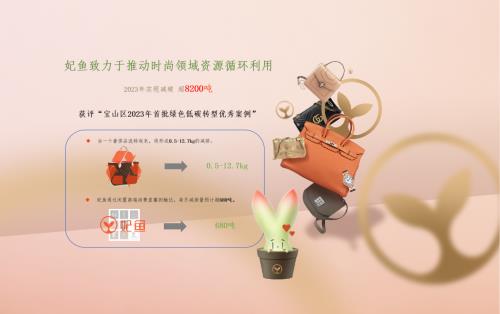
Since 2023, Princess Fish has organized and participated in a number of carbon reduction publicity activities, such as the "Recycling Symbiosis" desert post office activity jointly organized with China Post, the live broadcast of the national energy conservation publicity week "Sustainable Fashion" cultural special event jointly sponsored by more than 30 live broadcast rooms, and the moving of the circular classroom into the green carbon reduction market of Shanghai Citizens’ Greening Festival in the park, all of which are positive communication of Princess Fish brand on sustainable consumption and zero-waste life.
In the future, Princess Fish will cooperate with more brands and media to undertake the responsibility of environmental protection and carbon reduction, advocate green consumption and build a more responsible lifestyle.
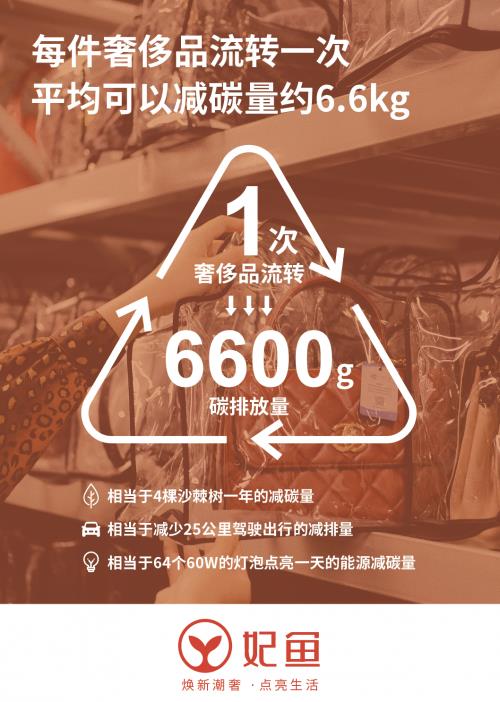
[Advertising] (Disclaimer: This article is reproduced and published for the purpose of spreading commercial information on this website, and does not represent the views and positions of this website. All rights and legal responsibilities of the texts, drawings, audio and video materials involved in this article belong to the material provider. This website does not make any guarantee or commitment to the authenticity of all the information such as words and pictures, nor does it constitute any suggestions for purchase or investment, so the operator bears his own risks. )
On the national feelings in Jin Yong’s novels
Editor: Quge Source:China Journal website




11.3 Today’s football SMG recommendation: Come on, 30,000 Paris! Sweep prediction real single 5 string 1+2 string 1

Thanks to the brothers’ long-term support and trust, this number insists on sending a public recommendation every day, and hopes to lead the brothers to make 2023 prosperous! Your forwarding and sharing are the driving force for my continuous innovation and research!
003Rasmus VS Atletico Madrid

In the past, las palmas played against Atletico Madrid for nearly 10 times, and achieved 1 win and 9 losses, and his past performance was obviously at a disadvantage. In terms of recent situation, las palmas’s recent performance is acceptable, and the team has won 2 consecutive victories; However, Atletico Madrid’s recent state is relatively stable. Although it has fought on two fronts, it has achieved good results. Las palmas beat Manakol 3-0 in the last round and won two consecutive victories, in good shape. The team has a strong offensive ability, scoring only 9 goals in the past 5 rounds, but the defensive quality has improved, losing 4 goals in the past 5 rounds. This season, it has achieved 4 wins, 2 draws and 5 losses, ranking 10th in the league. Sandro ramirez, Fabio Gonzá lez and others were plagued by injuries or missed the game. It must be difficult for this field to face the former bitter Atletico Madrid.
Atletico Madrid beat Aravis 2-1 in the last round, and the team’s morale is like a rainbow. So far this season, it has achieved 8 wins, 1 draw and 1 loss, and its performance is excellent, ranking third in the league. Comprehensive analysis: Atletico Madrid has recently won six consecutive victories, averaging two goals per game, and the offensive end is full of firepower. They have won 9 of the last 10 games against las palmas, and they have an overwhelming advantage. In this game, Atletico Madrid is highly likely to continue the momentum of victory.
Direction: main and negative
Score: 0-2/1-3
Number of goals: 23 goals
002Lecce city VS Leeds United
Optimistic: Shengping
Age: 20 11 21
Total goal: 2.3 goals
004Paris Saint-Germain VS Montpellier

Optimistic: win/let win the game and make it even.
Age: 20 30 31
Total goal: 3.4 goals
005Porto VS Lille, esto
Be optimistic: win/let win
Age: 30 31 41
Total goal: 4.5 goals
The first cultural tourism festival in Xunyang and the cherry tourism season of "Spring Comes Early" kicked off.
Ankang News (Reporter Mao Mingbo) On March 5, a mass cultural exhibition featuring the regional characteristics of Xunyang was staged in Duanjiahe Town, Xunyang City, Ankang City. The wonderful programs such as Duanjiahe is a good place, the song Xunyang Mixed Noodles and beautiful countryside Hongtu Exhibition created by local literary and art workers were staged in turn, so that local people and tourists who came to watch cherry blossoms enjoyed a strong local flavor. As a result, it also opened the curtain of the first cultural tourism festival in Xunyang City and the cherry tourism season of "Spring Comes Early".
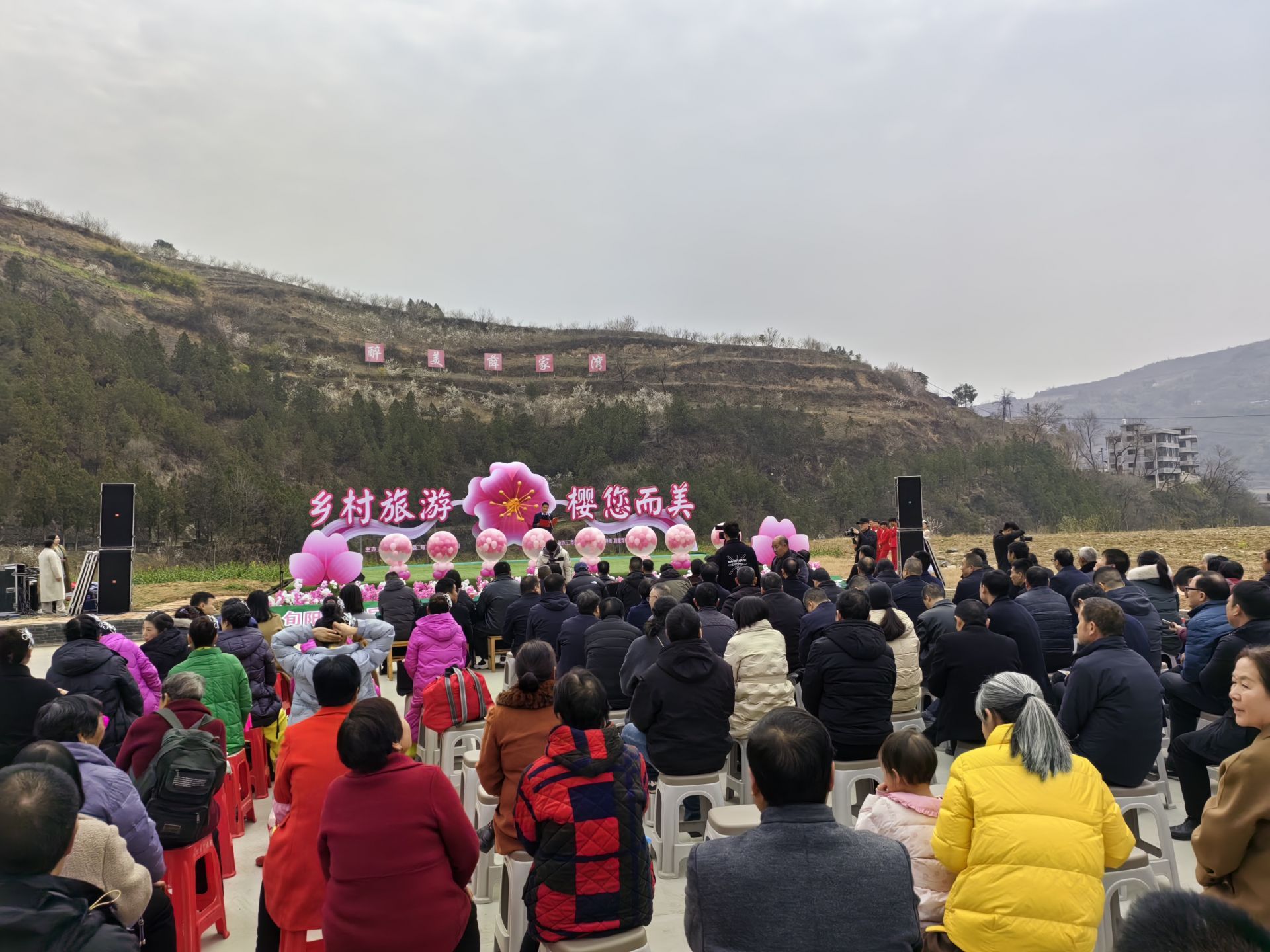
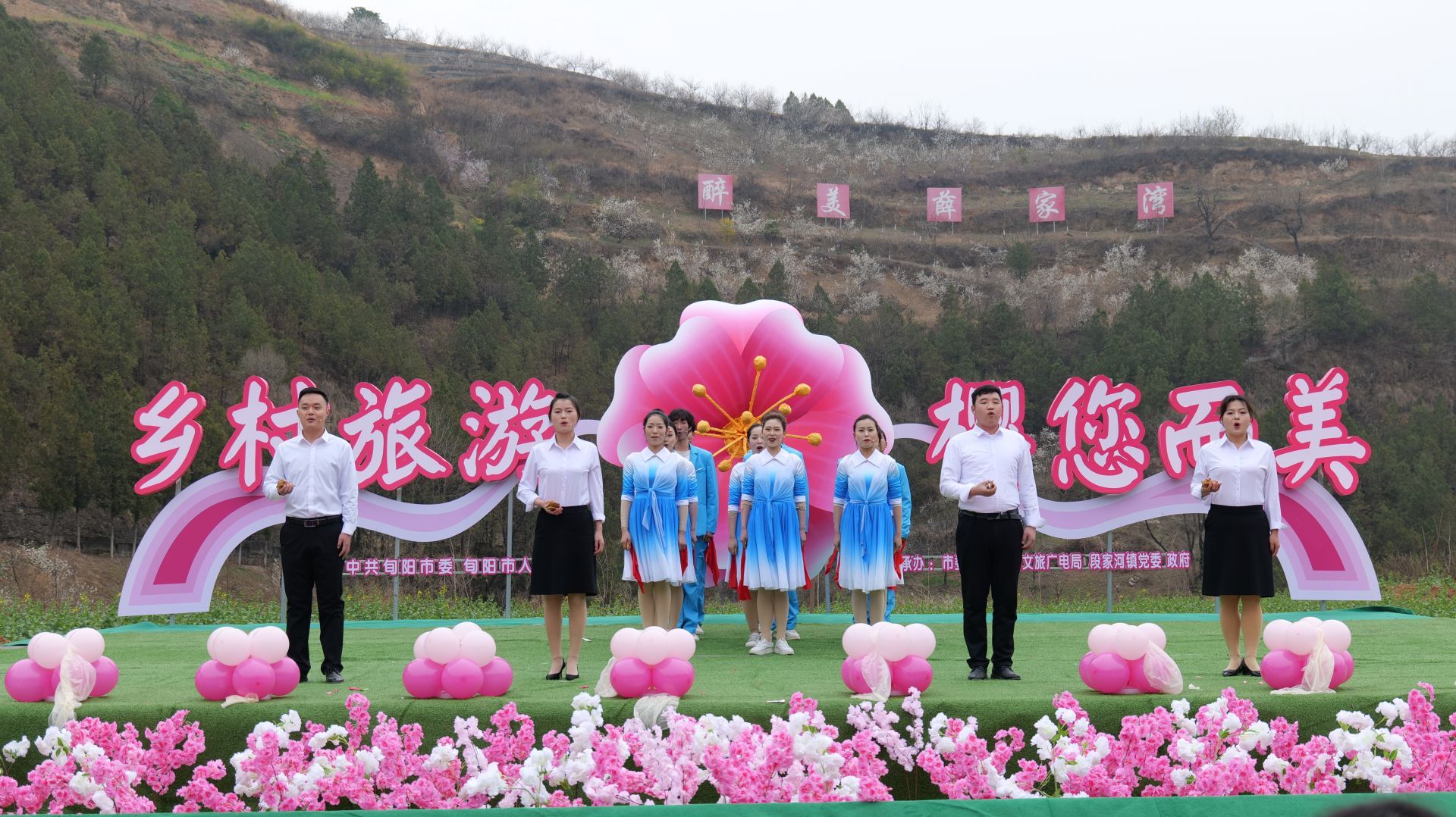
In 2024, the first cultural tourism festival in Xunyang City and the series of cultural tourism activities in the spring tourism season include 23 activities in six sections, such as "Spring Story, Flowers and Fun", "Peach and Plum Spring Breeze Enjoy Sports", "Going for an outing to meet the spring", "Spring is full of literary interaction", "Spring is full of books and books" and "Spring is fun and fun", which lasts from March 5 to the end of May.

During the day’s activities, the headline reporter of Western Network Shaanxi saw at the scene that many foreign tourists participated in American food tasting, Hanfu experience, punching in photos, and entering the village history museum to experience the pleasure of rural tourism while enjoying cultural programs.
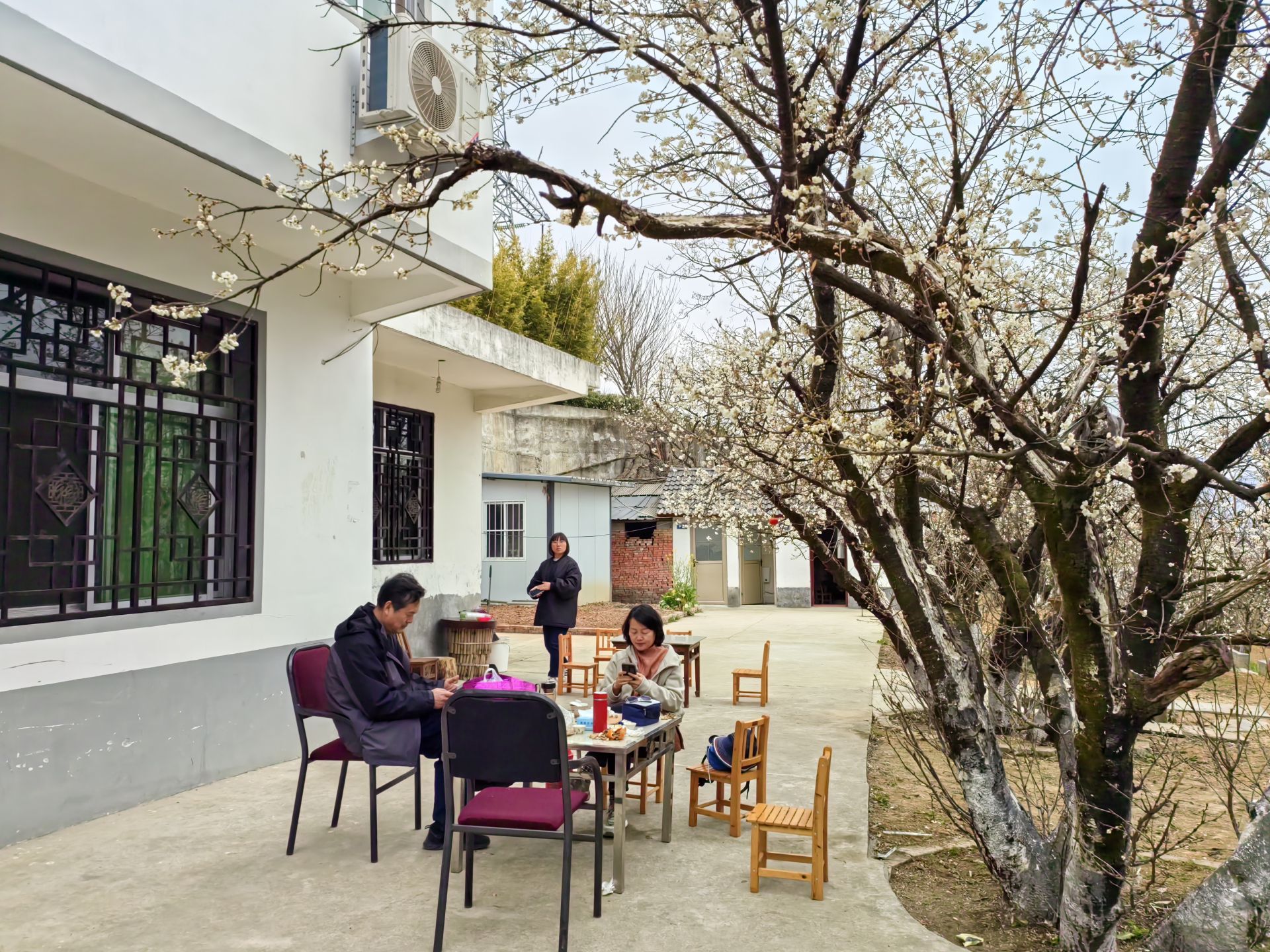
It is understood that the activities of the first Cultural Tourism Festival in Xunyang City run through the whole year, and the beautiful scenery, food, agricultural and sideline products and special tourism products of Xunyang City are fully displayed through flower viewing, exercise and fitness, cultural performances, food tasting, creative markets, fun camping, grass concerts and harvest, so as to celebrate flowers, festivals, fruits and harvests, and further implement "tourism+"
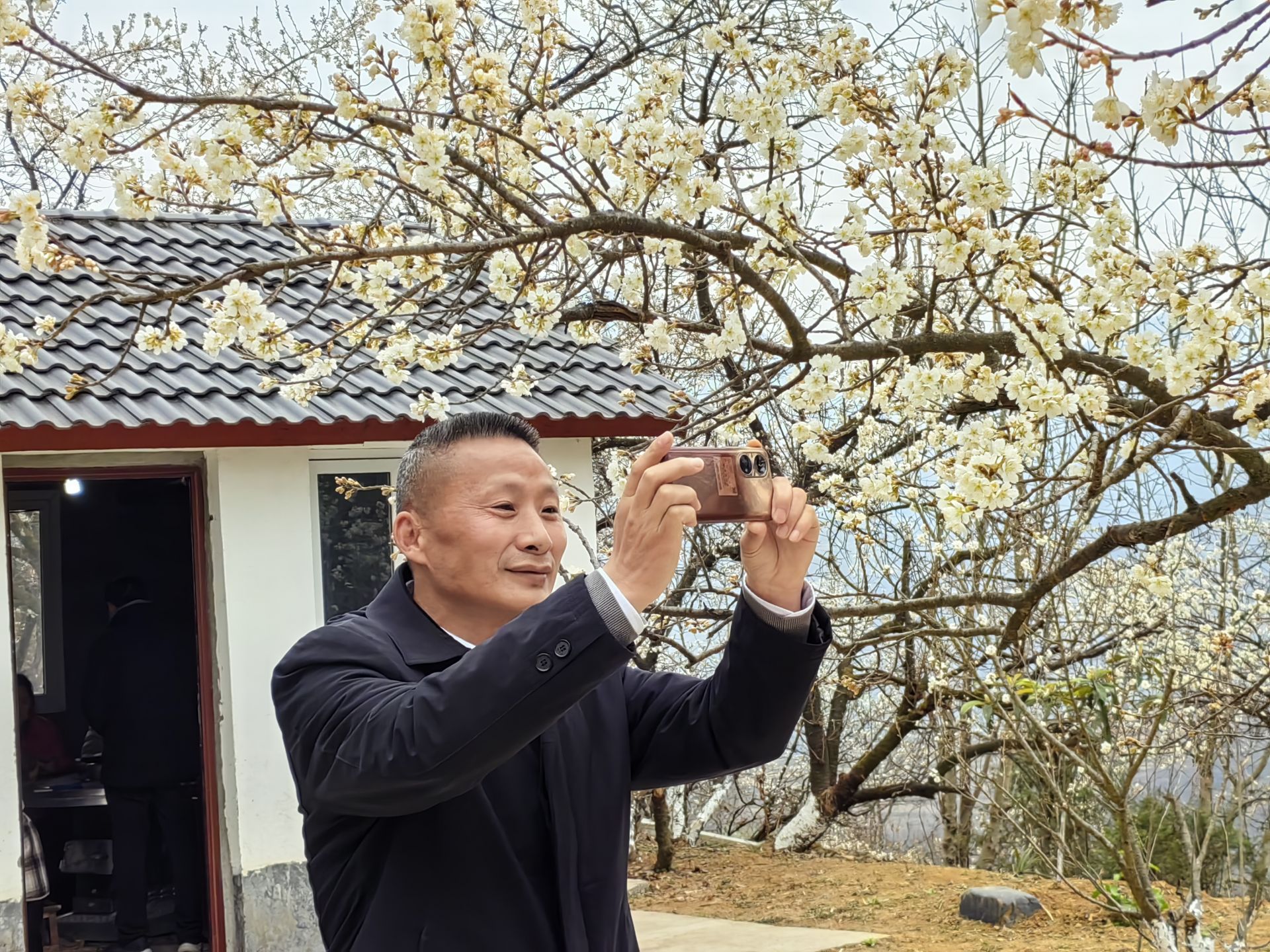
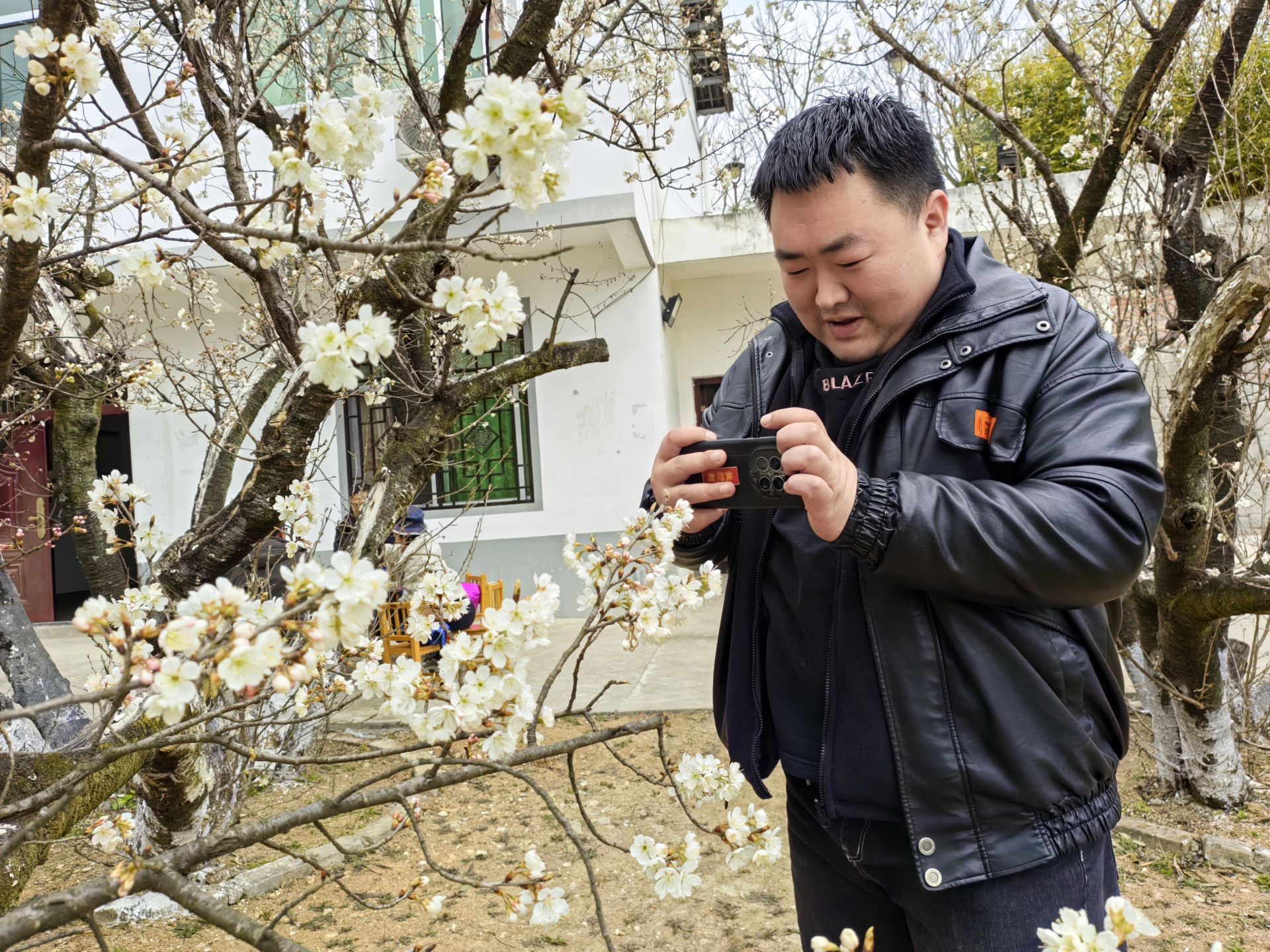
In recent years, Duanjiahe Town, Xunyang City has cultivated and developed a "five-tree" characteristic forest and fruit industry with "cherry, jujube, citron, lion’s head orange and yellow peach" around the goal of building "Hanjiang eco-economic characteristic town, urban-rural integration development demonstration town and grass-roots social governance model town", and built a characteristic industrial park with high standards. Inviting investment to set up special products processing plants such as fruit vinegar, fruit wine, fruit, citron tea, Hanjiang stone and plush toys, and accelerating the gathering of industrial clusters by chain extension and chain expansion. Relying on provincial-level rural tourism demonstration villages, tap the cultural heritage of Caojia Courtyard and Hanshui River, attract investment to develop characteristic homestays, and vigorously develop the "five-good courtyard economy". Xunyang City has promoted the deep integration of agriculture, culture, tourism and health by holding a series of rural tourism activities such as cherry tourism season, and built Duanjiahe Town into a rural tourism business card integrating ecology, economy and people’s livelihood.
Will the CET-4 and CET-6 certificates still be useful after the English exam in 2020?
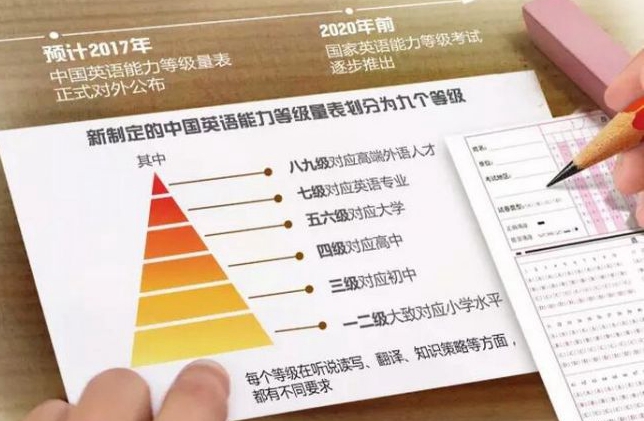
Xinhuanet Beijing, December 19 (Han Jiahui) On December 15, Anhui Education Admissions Examination Institute issued a notice to clarify that the national English proficiency test in Anhui Province will stop in 2017. The basis of this notice is that in the implementation opinions on deepening the reform of the examination enrollment system issued by the State Council in 2014, the goal of foreign language examination reform is clearly put forward, that is, a modern foreign language assessment system with unified standards and multiple functions will be basically built by 2020. So, how is the construction of this evaluation system progressing now? After the completion of the new evaluation system, do you still have the CET-4 and CET-6 certificates? Do you need to retake them?
— — What is the National English Test?
The Public English Test System (PETS) is a non-academic English certificate test for all citizens. It is sponsored by the Examination Center of the Ministry of Education, and the social examination offices of local education examination institutes are responsible for its implementation. PETS is not limited by occupation, household registration and education level, and its certificate level is divided into PETS-1 to PETS-5, which is an important proof of the English level of social people and part-time students, and also the main basis for recruiting personnel and measuring the English level of on-the-job personnel in enterprises and institutions at all levels.
Compared with CET-4 and CET-6, PETS has an oral test, which pays more attention to the candidates’ English communicative competence and practicality. PETS-3 is roughly equivalent to CET-4, and PETS-4 is roughly equivalent to CET-6.
— —In addition to PETS, these are the main English exams in universities and society at present.
TEM-8 (for English majors only) sponsored by the Foreign Language Teaching Steering Committee of colleges and universities (not sponsored by the Ministry of Education)
College English Test Band 4 and Band 6 (CET-4/CET-6)
National Foreign Language Translation Certificate (NAETI) organized by the Examination Center of the Ministry of Education and Beijing Foreign Studies University.
Translation Professional Qualification Examination (CATTI) organized by the Ministry of Personnel
Unified examination of foreign language grades for professional and technical personnel in China organized by the Ministry of Personnel.
Cambridge Business English Test (BEC), which is jointly conducted by the Examination Center of the Ministry of Education and the Examination Committee of the University of Cambridge, UK.
Advanced Interpretation of Shanghai English organized by Shanghai University Pudong Continuing Education Center (PCEC)
Those who want to study in Commonwealth countries need to take IELTS, and those who want to study in the United States need to take TOEFL and GRE.
If you take the postgraduate entrance examination, you must also take the English test of the National Postgraduate Entrance Examination … … … …
English majors must obtain CET-4 certificate if they want to graduate smoothly. If they want to engage in translation work in the future, it is not enough to have TEM-8 certificate only. Depending on their region, they need to obtain different qualification certificates, such as CATTI and NAETI, while BEC and Shanghai intermediate and advanced interpretation certificates are more recognized in Jiangsu, Zhejiang and Shanghai, and the style and ability of focusing on examination are different in different regions. Non-English majors must have a CET-4 certificate before they can get a diploma. If they want to evaluate their professional titles in the company after work, they need to obtain a professional title English test certificate … … According to different groups of people, regions, and the nature of work, there is no uniform standard for English exams, which can be described as varied. Because many exams have no oral test, they are often criticized as dumb English. However, this phenomenon will end before 2020.
— — English will be tested like this in 2020.
The State Council has set a hard target, believing that with Anhui stopping the national English proficiency test, more regions will join the "stop test" list in the future. Previously, the Beijing Municipal Bureau of Human Resources and Social Security issued a notice to clarify that since January 1, 2017, foreign language and computer examinations are not necessary conditions for applying for job title evaluation, and these two examinations are completely loosened from job title evaluation. This policy adjustment will involve more than 3 million professional and technical personnel in the city. In addition to Beijing, according to the reporter’s incomplete statistics, Guangdong, Henan, Shandong, Wenzhou, Zhejiang and other places have issued policies to clarify that "foreign languages for professional titles are not unified" or "foreign languages for professional titles are not a necessary condition for job evaluation". Shanxi, Jiangxi, Changchun, Jilin, Changzhou, Jiangsu and other places put forward that applying for intermediate and below professional and technical qualifications is not required as a foreign language title. Therefore, it is an irreversible trend in the future to gradually cancel various English tests, simplify administration and decentralize power, loosen talents and establish a modern foreign language evaluation system with unified standards and multiple functions.
According to the relevant person in charge of the Ministry of Education, the construction of China’s foreign language proficiency assessment system is progressing smoothly. The main body of the China English Proficiency Scale has been developed, which is expected to be officially announced in 2017, and the National English Proficiency Test is planned to be gradually launched before 2020.
The newly-developed China English Proficiency Scale will be divided into nine grades. Among them, Grade One or Grade Two roughly corresponds to the primary school level, Grade Three corresponds to junior high school, Grade Four corresponds to senior high school, Grade Five or Six corresponds to universities, Grade Seven corresponds to English majors, and Grade Eight or Nine corresponds to high-end foreign language talents. Each level has different requirements in listening, speaking, reading, writing, translation and knowledge strategy. At present, there are many mature English evaluation systems abroad, and China’s English proficiency rating scale will also be connected with them. At the same time, experts are still working on designing a national English proficiency test. At present, the development team has completed the development of two key breakthrough levels (Level 5 and Level 6), which will be launched and used in due course in 2017.
Some people are happy and others are worried about the upcoming changes. Some netizens who have just finished CET-4 and CET-6 are worried that after the implementation of the new examination outline and evaluation system, their certificates will still count. In addition, some netizens expressed their hope that the new evaluation system can be in line with international standards and get international recognition, so that a large amount of IELTS TOEFL registration fee can be saved.